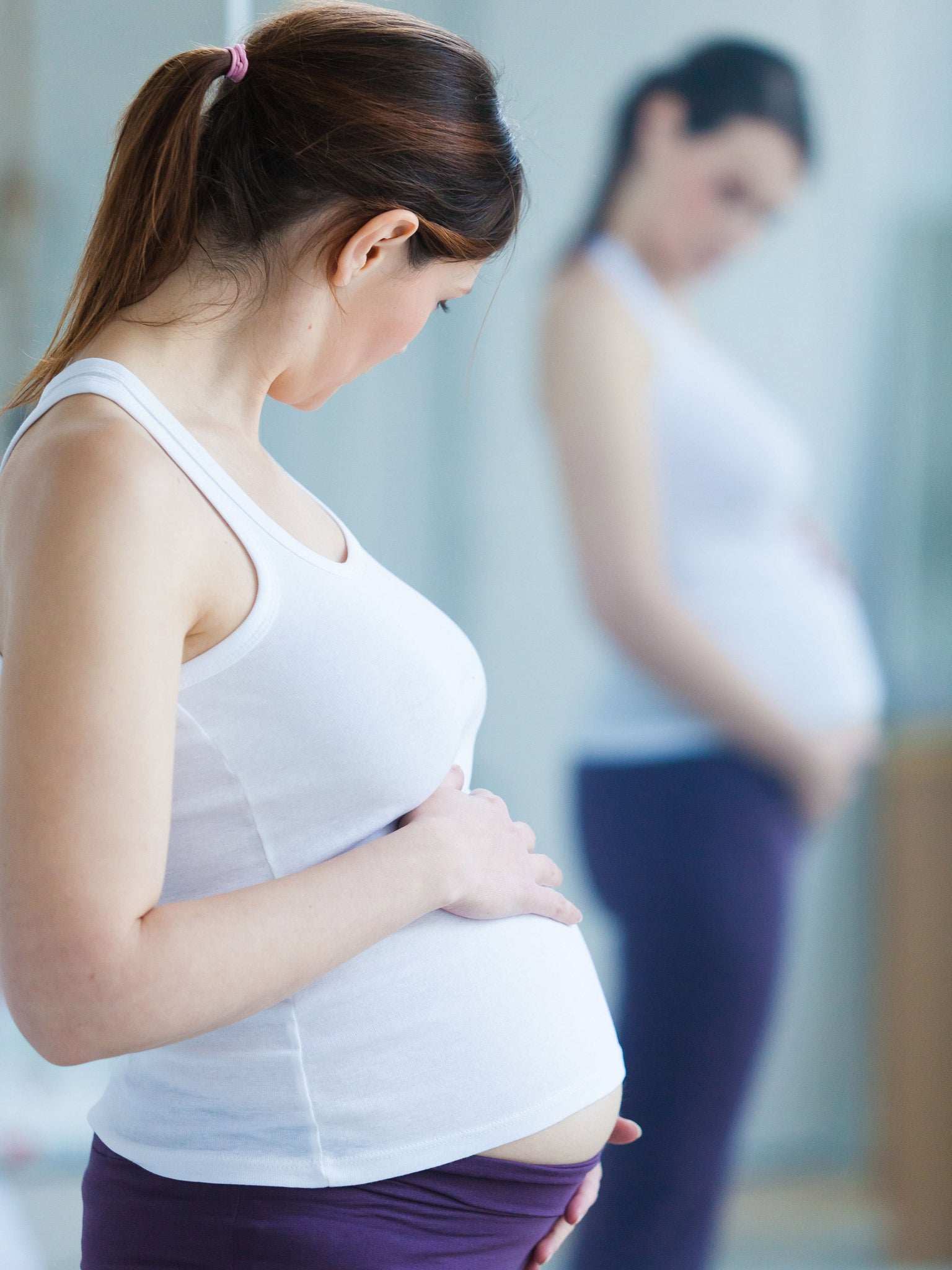Womb transplants: 10 women get approval for breakthrough surgery to have children
More than 100 women have been identified as potential recipients of donor wombs

Your support helps us to tell the story
From reproductive rights to climate change to Big Tech, The Independent is on the ground when the story is developing. Whether it's investigating the financials of Elon Musk's pro-Trump PAC or producing our latest documentary, 'The A Word', which shines a light on the American women fighting for reproductive rights, we know how important it is to parse out the facts from the messaging.
At such a critical moment in US history, we need reporters on the ground. Your donation allows us to keep sending journalists to speak to both sides of the story.
The Independent is trusted by Americans across the entire political spectrum. And unlike many other quality news outlets, we choose not to lock Americans out of our reporting and analysis with paywalls. We believe quality journalism should be available to everyone, paid for by those who can afford it.
Your support makes all the difference.Ten British women without wombs will get the chance to carry their own babies after doctors received the go-ahead for the first ever womb transplants in the UK.
Doctor Richard Smith will lead the team hoping to perform the UK's first ever womb transplant following the success of the procedure in Sweden.
Ethical approval has been granted by a special committee at Imperial College London for 10 transplants as part of a clinical trial.
It will launch in the spring and more than 100 women have been identified as potential recipients of donor wombs.
Dr Smith said childlessness could be a "disaster" for couples, but the technique would offer hope to those whose only other option is surrogacy or adoption.
Around one in 5,000 women are born without a womb, while others lose their womb to cancer.
If the trial is successful, the first British baby born as a result of a womb transplant could arrive in late 2017 or 2018, with more in the future.
Dr Smith, 55, a consultant gynaecologist at the Queen Charlotte's and Chelsea Hospital, has been working on the project for 19 years.
He said he was "really, really pleased" to have been granted approval for the move, which follows the birth of a baby boy in Sweden last year.
He said: "I've met many of the women who want this and it's really important for them and their partners.
"There is no doubting that, for many couples, childlessness is a disaster.
"Infertility is a difficult thing to treat for these women. Surrogacy is an option but it does not answer the deep desire that women have to carry their own baby.
"For a woman to carry her own baby - that has to be a wonderful thing."
The 10 women who will be selected for the trial must all meet strict criteria, which includes being 38 or under, having a long-term partner and being a healthy weight.
More than 300 women have approached the Womb Transplant UK team, of which 104 meet the criteria.
Before the trial starts, embryos will be created and frozen using each woman's eggs and sperm from her partner.
The women will then undergo a six-hour transplant operation to receive a womb from a donor who is classed as brain dead but whose heart has been kept beating.
After 12 months on immunosuppressant drugs and close monitoring, each woman will be implanted with one of her embryos, with the hope of achieving a successful pregnancy.
Any baby would be delivered by Caesarean section to prevent the donor womb going through the stresses and strains of labour.
Dr Smith said the trial would use deceased donors rather than living ones owing to the complexities of the operation.
"Donor retrieval is a bigger operation than transplanting the uterus into the recipient," he said. "We don't want to subject a live donor to that operation."
Six months after giving birth, each woman will be given the option of trying for one more baby, or the womb will be removed by surgeons.
This is to minimise the risk of keeping women on immunosuppressant drugs for the rest of their lives, which have side effects, including an increased risk of cancer.
Dr Smith needs to raise £500,000 for the trial.
"I've always been an enormous optimist," he said. "The project has run with no money from the start. Somehow or other, somebody has always turned up and given us enough money to keep it going."
Organ donor co-ordinators have suggested that around five wombs per year could be made available to the surgical team.
Press Association
Join our commenting forum
Join thought-provoking conversations, follow other Independent readers and see their replies
Comments